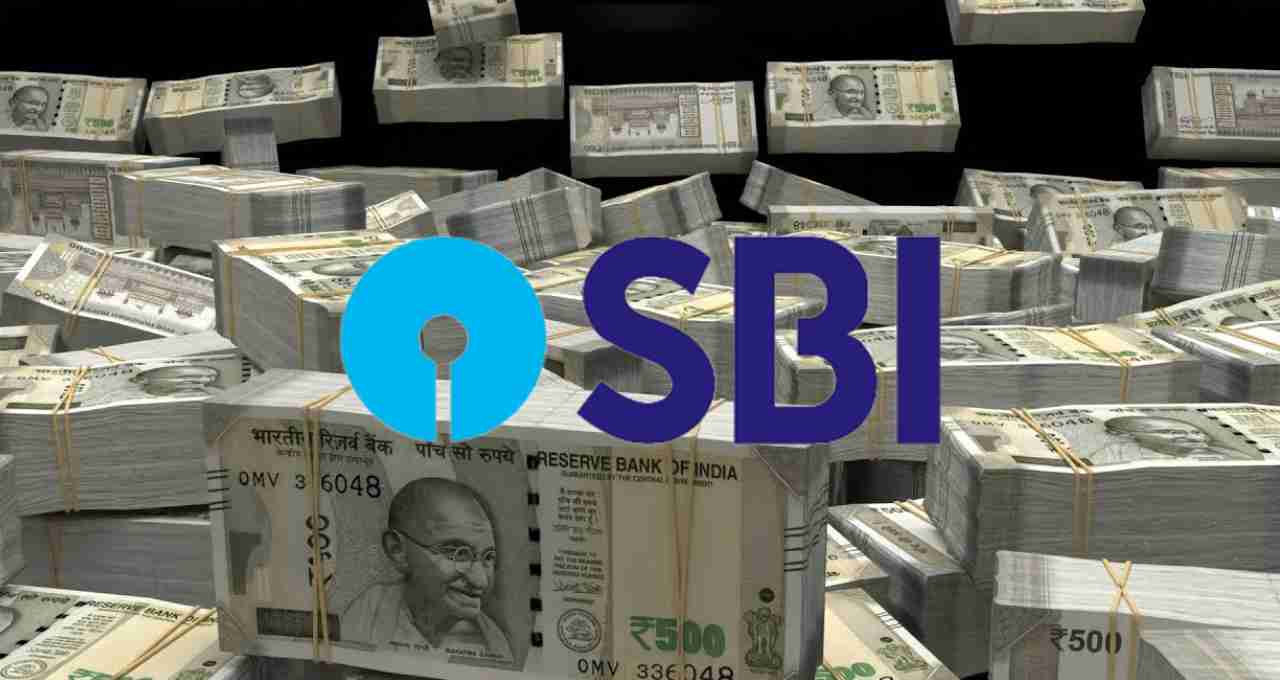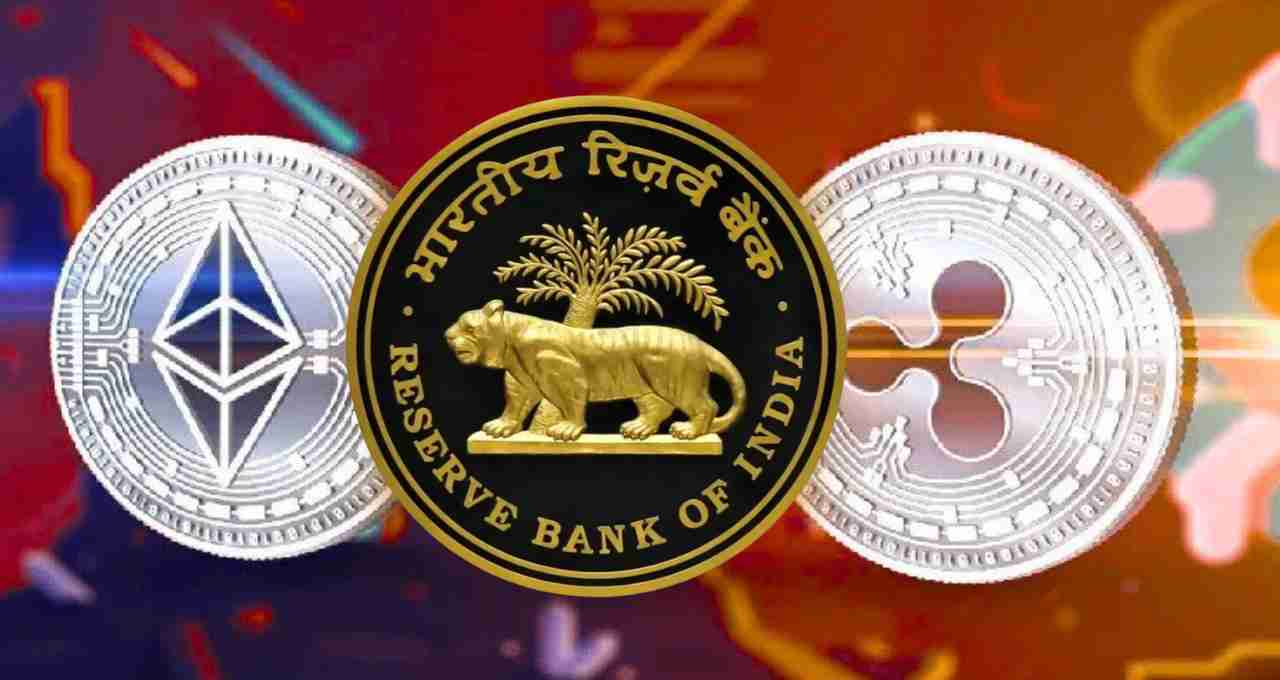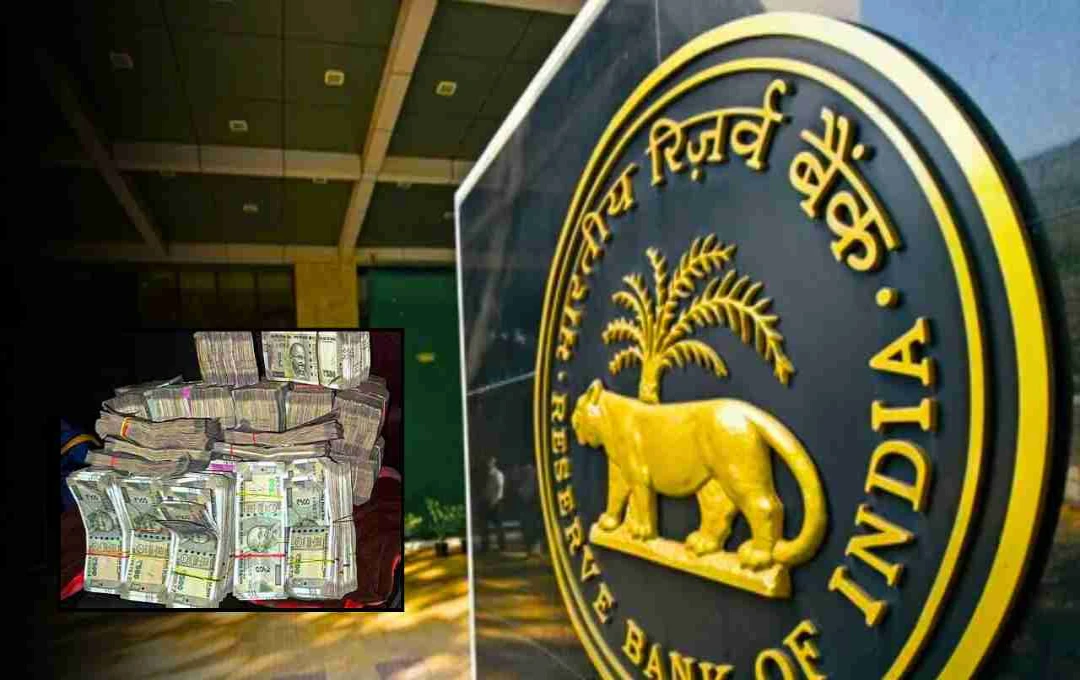Across the country, a significant amount of money lies unclaimed in banks. Minister of State for Finance Pankaj Chaudhary recently informed the Parliament that as of June 30, 2025, a total of ₹67,003 crore remains unclaimed in banks. This is the amount that account holders or their family members have not touched for a long time and has now fallen into the category of unclaimed deposits.
Highest Unclaimed Deposits in Public Sector Banks
According to a report by the Reserve Bank of India (RBI), the largest share of these ₹67,000 crore is with public sector banks. A total of ₹58,330.26 crore remains unclaimed in government banks, while in private banks, this amount is ₹8,673.72 crore.
SBI Holds the Largest Amount of Unclaimed Money

If we talk about public sector banks, the State Bank of India (SBI) has the highest amount of unclaimed money at ₹19,329.92 crore. This reflects the situation of the country's largest public sector bank, where millions of accounts have been inactive for a long time. This is followed by Punjab National Bank (PNB) with ₹6,910.67 crore and Canara Bank with ₹6,278.14 crore unclaimed.
Why Does Money Become Unclaimed?
Deposited money in banks is considered unclaimed when an account remains inactive for 10 years or more and no transactions are made on it. This often happens when the account holder dies and the family is unaware of the account, or there is no nominee. Sometimes people forget about old accounts due to job changes or relocation.
How to Claim if You are a Claimant
If a family member's account is inactive and they have passed away, you can claim the amount. For this, it is necessary to visit the branch of that bank and submit the appropriate documents.
If a nominee is registered in the account, the process becomes even easier. You need to fill out and submit the death certificate, the nominee's identification documents (such as Aadhaar card, PAN card), and the bank's application form. After verifying the documents, the bank transfers the unclaimed amount to your account.
What Happens When No One Claims?
If no one claims an account for years, the bank transfers the amount to the 'Depositor Education and Awareness Fund' (DEAF). This fund operates under the RBI. However, even after this, the account holder or their heir can claim the amount. For this, the bank accepts the application under the same procedure.
Information on Government's Crypto Policy Also Revealed

In Parliament, Minister of State for Finance Pankaj Chaudhary also clarified that the government currently has no positive steps regarding cryptocurrencies and Virtual Digital Assets (VDAs). He said that the government is not planning to include VDAs in Exchange Traded Funds (ETFs).
RBI's Strictness Regarding Crypto
The Reserve Bank of India has already cautioned customers dealing in virtual currencies. The RBI says that economic, financial, legal, and security risks are associated with crypto assets. Keeping this in mind, in a circular issued on May 31, 2021, the RBI directed all regulated entities to conduct thorough KYC checks on customers in all crypto-related transactions and follow all rules related to money laundering.
Need for Improvement in the Banking System
This large amount of unclaimed money also shows that there is a lack of information and awareness in the country's banking system. Especially in the case of rural and elderly customers, there are many examples where a bank account was opened, but it was not operated later.
Reserve Bank's Initiative
The RBI periodically conducts awareness campaigns regarding unclaimed money. Through the DEAF portal, consumers can now find out if there is an inactive account in their name in any bank. For this, name, address, and some other details have to be entered, based on which the bank provides information.












